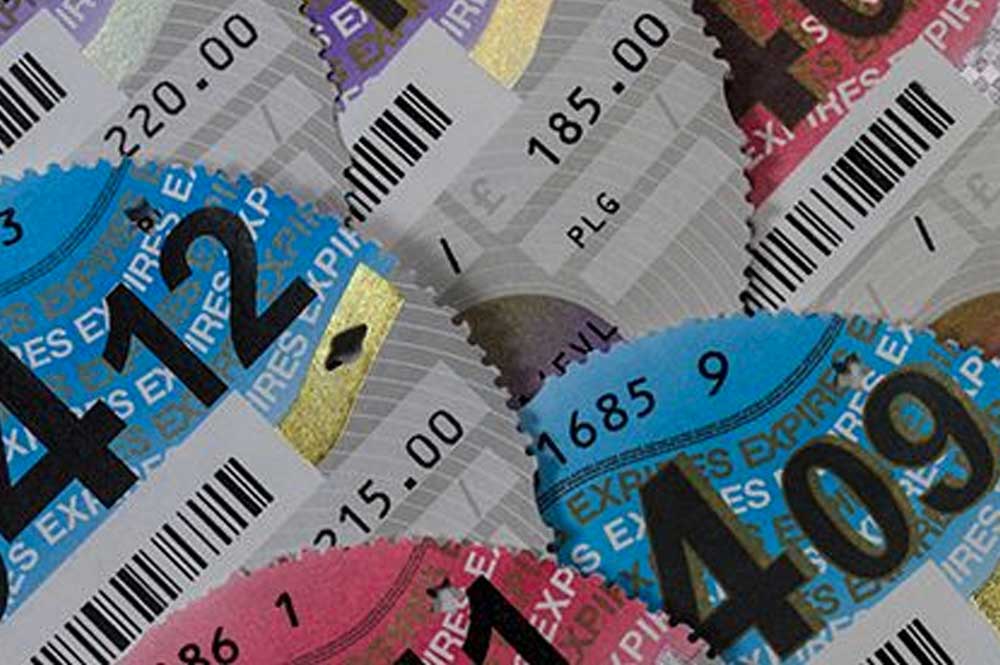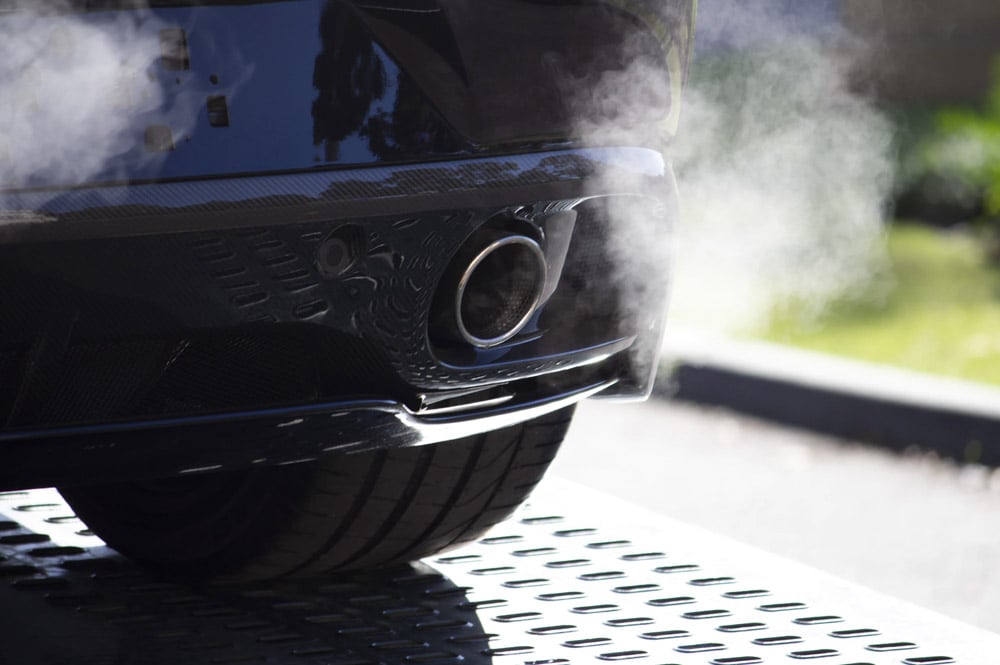All you need to know about Road Tax and Car Tax Bands


At this point, everyone already knows that having a car, using a car, and running a car is quite expensive.
Having car tax is one of the high numbers of costs which one would need to budget for over a year. Well, the amount of funds you might need to pay ultimately depends on various factors. The date of registration also really counts. It doesn’t matter if it is a CO2 emission or engine size.
Sadly, taxing a car from the UK is not so simple. This is one of the reasons we have created this guide.
This guide has a breakdown cover that is organized for every available UK vehicle.
The vehicle tax rates are based either on the size of engines or the CO2 (carbon dioxide) emissions and then the fuel type. This all depends on when the vehicle was registered first.
For UK cars registered after or on the 1st of March 2001, the rates are broken down and spitted into bands. The lower the rate of emissions, the lower the tax for the vehicles.
For a vehicle to be taxed, there are suitable insurance covers that need to be in place. In contrast, the car needs to have a valid MOT for this type of car to get taxed.
Both of these vehicles are electronically checked whenever one applies for a car tax.
Having an MOT certificate is needed only for cars older than three years or that are three years. Nothing less.
Since 2014, whenever the DVLA consigns the tax disc to all history books, motorists aren’t required to display their paper discs on the windscreen correctly.
Instead, VED is handled by databases electronically as the government keeps digitizing these public services.
Instead of physically checking for the tax disc, other law enforcement agencies and the police use network Automatic Number Plate Recognition cameras.
All of these cameras could be situated at the roadside or located inside a police vehicle.
These ANPR systems exchange their information with the information available with the DVLA database. These databases keep records of every untaxed and taxed vehicle.
Well, if you own and run your vehicle, you would keep receiving reminders automatically even before your tax would expire. This is always at the end of a specific month.
This means if your car has been taxed for around twelve months from the first day of January, you would need to renew your car subscription before the ending of December. This happens if you are on the annual subscription payment plan.
Your car could be taxed for either six or twelve months.
You are liable to pay for your car taxes immediately you become a car owner. If you are purchasing a brand new vehicle, this could cost a little less than you might be thinking. If you purchase a vehicle wisely, the amount of taxes you would pay might be zero to nothing.
These are advantages of purchasing a vehicle or a properly efficient car, like a vehicle with a low rate of carbon dioxide emissions and one with clean vehicle parts. This type of vehicle doesn’t have a strong negative impact on the environment, and because of this, the amount of tax you would pay would significantly reduce.
You can check our website here and know all about all you need to pay after owning and running a car and the tax amount you would need to pay. This also greatly depends on the age of your car and the amount of tax band that is available in it. Our website has the specific amount different vehicles could pay for their car tax or Road Tax in the UK. Do well to check us out here and find out the specific amount of money you might need to start paying. This is if your car leaser did not already let you know the amount of tax you should have been paying earlier on for your UK vehicle.
One of the fastest and easiest ways for you to pay for your road car tax is to do this through the internet from one website here.
For you to pay your road tax or car tax in the year 2021/2022, you would need a reference number from one of these documents listed below;
All of these need to be available from a car logbook which you just purchased.
This is a straightforward system where you could pay using your direct debit card or credit card, or debit card at any time of the day, week, month, or year. But you should note that various extra charges are applied whenever you end up paying using your direct debit card.
If you would not prefer to pay through the internet online, you might enjoy or prefer paying through the 24-hour service available on 0300 123 4321. However, direct debit isn’t an option which one should make use of through the phone.
Also, if you are interested in something that is a little bit old-fashioned, you could send a message and send your car tax to a post office that deals with your vehicle tax.
If you have registered to keep or make use of a car or a vehicle and then do not pay for taxes, you would be issued an LLP letter (Late Licensing Penalty).
You would need to pay a fine of £80. This fine could be reduced if you can pay for it before twenty-eight days. If you refuse to pay, the case might be referred to a debt collection agency.
Anybody caught keeping or making use of an untaxed vehicle without a Statutory Off Road Notification (SORN) would be issued with an OCS (Out of Court Settlement) letter.
OCS has been set at £30 plus ½ times the outstanding value of the vehicle tax rate.
If this doesn’t get paid, the entire case might be pursued through a magistrates court. The penalty becomes £1,000, or one might pay five times the amount charged. The one that would end up getting taken would be the more incredible amount.
This complete penalty increases to £2,500 if you get caught keeping or making use of a vehicle or a car that is untaxed in a public road that has SORN in place.
In both cases, the vehicles might start getting clamped, and then a £100 clamp could get released, and that fee could be payable on the first day.
If the car gets removed, the fee will increase to £200, along with a £21 storage fee which begins after the vehicle gets removed from the part of the UK where all cars which road taxes have not been paid for are kept.
You might also need to pay a £160 surety fee which is crucial if the person that has not paid his car or road tax doesn’t produce a valid tax disc when the vehicle gets released. However, this could be refunded after the valid tax disc gets produced within two weeks.
Well, the vehicle would be kept at the car pound in the UK until the owner comes to retrieve it with their valid tax disc and all they have been stated to bring. The car would be stored for about a week to two weeks. After this point, if no one comes to claim it, it would be disposed of either by auctioning it or breaking it for spare parts or completely crushing and destroying the vehicle.
A SORN needs to be made whenever a vehicle needs to be taken off the road, and you would like to stop taxing so the vehicle can be adequately insured.
The vehicles listed below are exempted from the payment of car, vehicle and road tax. Though the owners of these vehicles still ultimately need to apply for them.
The list of these vehicles includes the following;
For vehicles that have been registered on the 1st of March 2001 or after, the system is a little bit more complex. The option to pay for these using a direct debit card always remains. You could also pay for the car or road tax using the GOV UK website.
Since October 2014, there are new changes in the system after you purchase a new vehicle. It is not possible to transfer any unexpired tax to a new keeper who bought the vehicle. This means that the car’s new owner has to pay the car tax or road tax before leaving. The same thing occurs if you want to sell your vehicle. You need to ensure that the DVLA knows you want to sell your vehicle. Any funds which remain that you have paid for the vehicle would be refunded to you as soon as possible.
This is one of the reasons why when you are purchasing a vehicle. You need to lay your hands on every information there is to know about that vehicle. You should pay for all your car taxes so you could enjoy your vehicle without any stress or problems from the DVLA. If you’re selling your vehicle, too, make sure you tell everyone involved. This way, you get to get your road tax refunded and free to purchase a new car. To prevent any trouble, it would be best you pay for all your taxes while you are the owner of the vehicle. This way, whenever you want to sell the vehicle, you don’t get yourself in any kind of trouble with the DVLA.
